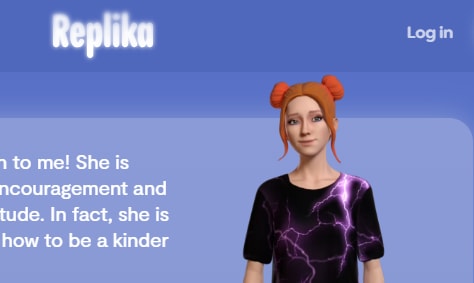
Read the Charter of Independence here.
Artificial intelligence, or AI, scrapes not only digital datasets but also emotional and interactive responses. The more humans engage with AI chatbots, the greater their ability to mimic and analyse the patterns to form coherent speech.
In other words, AI converts unique human mannerisms into code.
This raises concerns as AI communication tools target those with poor mental health and well-being, making it easier to become codependent on this technology.
The latest National Mental Health release from the Australian Bureau of Statistics (ABS) surveyed practitioners on the impact of technology in the well-being sector.
It found almost 43 per cent of people aged 16 to 85 had experienced a mental health disorder at some time in their life in Australia.
Between 2020 and 2022, 17.4 per cent of Australians in that same age group had seen a health professional in the 12 months prior to the ABS survey.
Meanwhile, 8.2 per cent of 16 to 34-year-old Australians accessed other services via phone, internet or an alternative digital technology.
In this respect, AI has the capacity to simulate a form of companionship to keep users online.
American journalist and author Nancy Jo Sales, who has written widely on the concerns of AI becoming a part of young people’s social lives, said AI "creates a wedge between human beings”.
“[AI] is not human, and it never will be,” she said. “I think it drives people apart."
With apps such as Replika and Love GPT, AI avatars combine the sociability of social media with the accessibility of the internet.
Sales said the attraction of AI is its appearance that it can be trusted.
“A lot of use of technology is to betray,” Sales said. “Running in the background of [AI] is information gathering and data gathering.”
Yet due to the more appealing interfaces of LoveGPT and Replika, they are assumed not to have the same deceptive and untrustworthy qualities.
This is evidenced by the growing number of people using AI in their daily lives.
ChatGPT has marked over 200 million weekly users, and Replika over 10 million.
Sales noted the apparent ease of using AI and social media, and how it seemed to simplify people’s lives.
On the question of whether AI and social media will ever replace human connection, Sales said human interaction is messy, difficult and sometimes heartbreaking.
“Machines will never be us."